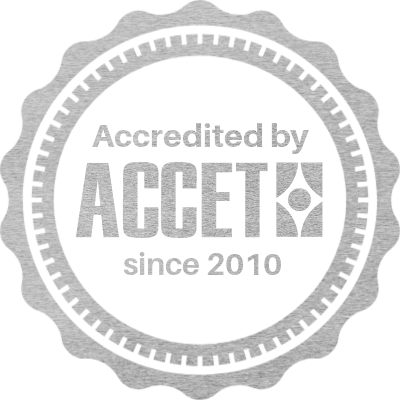Graduating from a healthcare program is a significant achievement, and now it’s time to take the next big step — landing your first job in the field! The transition from student to professional can be challenging, but with the right preparation, you can make it a smooth and successful experience. Here are some practical tips to help you prepare for your first healthcare job and start your career on the right foot.
- Polish Your Resume and Cover Letter
Your resume and cover letter are your first introduction to potential employers, so make them count! Highlight your education, clinical experience, internships, certifications, and any relevant skills that make you stand out. Tailor your resume to each job application by focusing on the qualifications and skills the employer is seeking. Your cover letter should be concise and convey your enthusiasm for the role, as well as your understanding of the organization’s mission and values.
Make sure your documents are error-free and easy to read. Have a mentor, instructor, or trusted friend review them to catch any mistakes or offer feedback. Remember, a well-crafted resume and cover letter can set you apart from other applicants.
- Prepare for the Interview
Interviews can be nerve-wracking, but thorough preparation will boost your confidence. Research the organization where you are interviewing and understand its culture, values, and the services it provides. Be ready to discuss how your skills, education, and experiences align with their needs.
Practice common interview questions, such as:
- “Why did you choose a career in healthcare?”
- “How do you handle stressful situations?”
- “Can you describe a time when you worked as part of a team?”
Prepare examples from your clinical experience or internships to demonstrate your problem-solving skills, ability to work under pressure, and commitment to patient care.
- Stay Up-to-Date on Industry Trends and Knowledge
Healthcare is a constantly evolving field, and staying informed about the latest trends, technologies, and best practices is crucial. Read industry publications, follow reputable healthcare blogs, and join professional organizations. This will not only keep you updated but also show potential employers that you are proactive about your professional development.
For example, if you’re applying for a position as a medical assistant or pharmacy technician, familiarize yourself with any recent changes in regulations or new technologies in your field. This knowledge can set you apart during interviews and make you a more attractive candidate.
- Network with Healthcare Professionals
Networking is key to any job search, and the healthcare field is no exception. Attend industry events, job fairs, and alumni gatherings to meet professionals who can offer guidance, advice, or even job leads. Don’t be afraid to reach out to your instructors, classmates, and contacts from your clinical placements — they can often provide valuable introductions or recommendations.
LinkedIn is another excellent platform to build your professional network. Make sure your profile is up-to-date, connect with healthcare professionals, and join relevant groups to stay engaged with your industry community.
- Be Ready to Start Small and Learn
Your first job in healthcare may not be your dream position, but every role is an opportunity to learn and grow. Be open to entry-level positions or roles that might not be exactly what you envisioned but can provide valuable experience and skills. Remember, healthcare is a career that rewards hard work, dedication, and a willingness to learn.
Don’t shy away from asking questions, seeking feedback, and learning from your colleagues. Being open to new experiences and demonstrating a commitment to continuous improvement will help you quickly gain the confidence and competence needed for career advancement.
- Embrace Professionalism
Entering the workforce means stepping up your professionalism. This includes everything from how you communicate and dress to how you handle feedback and manage your time. Being punctual, dependable, and respectful to colleagues, supervisors, and patients will set the tone for your professional reputation.
Healthcare environments require a strong sense of teamwork, so demonstrate your willingness to collaborate, support your peers, and contribute positively to your workplace culture.
- Make the Most of Your Orientation and Training
Most healthcare facilities offer a period of orientation or training for new hires. Take full advantage of this time to learn the organization’s policies, procedures, and technology systems. Use this period to ask questions, seek clarification, and build relationships with your colleagues and supervisors. The orientation phase is crucial for setting the foundation for your success in your new role.
Step Confidently into Your New Career
Preparing for your first healthcare job takes time and effort, but with the right mindset and strategies, you’ll be ready to step confidently into your new career. Remember to stay patient and persistent — every job, every shift, and every patient interaction is a chance to learn and grow. Hawai‘i Medical College is here to support you every step of the way, and we are excited to see where your journey in healthcare takes you!
Ready to take the next step? Connect with our Career Services team at hmi.edu/careers for more personalized advice and resources to help you succeed in your first healthcare job.





